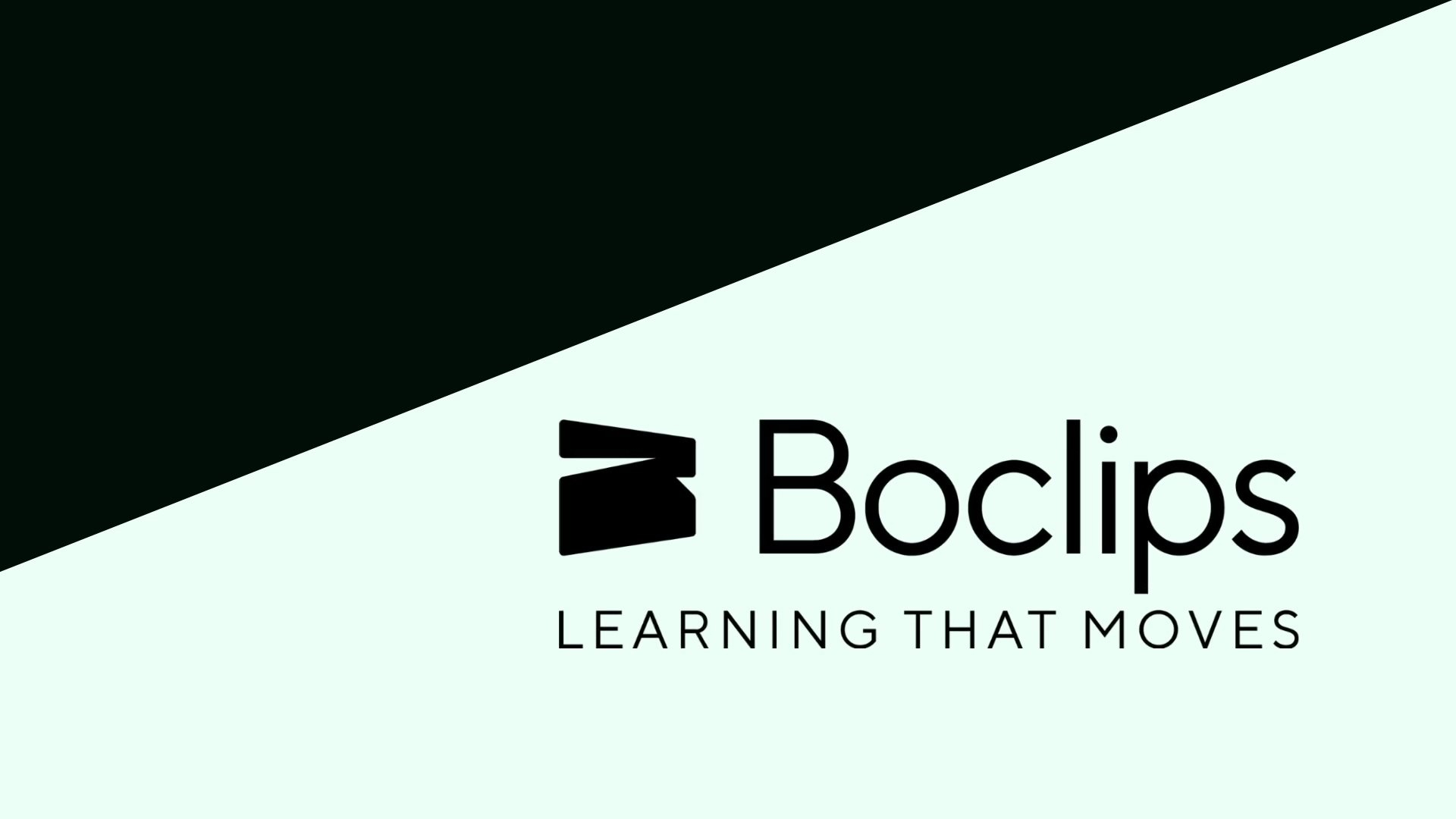A virtual classroom that’s more intimate than face to face

When the conversation of online learning comes up, a big concern is the lack of face-to-face interaction. I recently read an article about a virtual classroom that is more intimate than many face-to-face, brick and mortar environments. The reason...because the students faces are close up...sort of like Google Hangout. Additionally, the instructor and students could capture and share one another’s screen.
In this case, it meant that the instructor had planned for a way for all of the students contribute virtually face-to-face. It also meant that students were focused. It was as though they were all in the front of the class. The author who wrote about this experience explained that though it may be hard to believe, there was closer intimacy in this virtual classroom than many of those he’d experienced in the classroom. He attributes that to being the case possibly because of the close-up of each person’s face and he got a sense that each student knew they were expected to contribute which raised the bar for all.
The idea transforms what it takes to be an effective teacher in a world that harnesses the technology available. First, the “lecture” that we traditionally hear becomes an extremely high quality production that can be seen by countless students anytime, anywhere. Money is allocated to this upfront and then maintenance through revision, but all teachers of the future won’t be spending time doing this. It will be a specialty done by master experts who can present well to large audiences.
The common teacher role will move to one that acts more as a discussion facilitator who helps students make meaning of, build upon, and if applicable make creations in relation to what they have learned. Teachers will be able to spend more time with small groups, pairs, and provide individual support. Standardized assessment will likely also branch off into its own specialty.
The role of the traditional teacher is fading away. What will you do? Hang on to what you know or help students forge new pathways to success?
Disclaimer: The information shared here is strictly that of the author and does not reflect the opinions or endorsement of her employer.
Tools and ideas to transform education. Sign up below.
Lisa Nielsen (@InnovativeEdu) has worked as a public-school educator and administrator since 1997. She is a prolific writer best known for her award-winning blog, The Innovative Educator. Nielsen is the author of several books and her writing has been featured in media outlets such as The New York Times, The Wall Street Journal, and Tech & Learning.
Disclaimer: The information shared here is strictly that of the author and does not reflect the opinions or endorsement of her employer.
